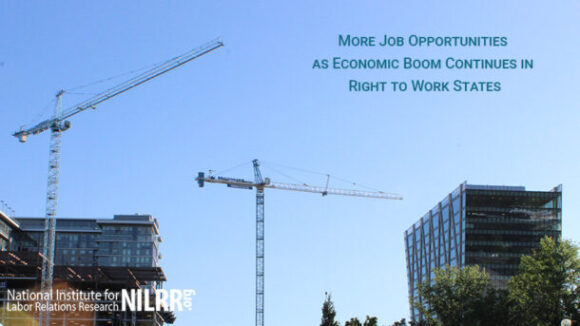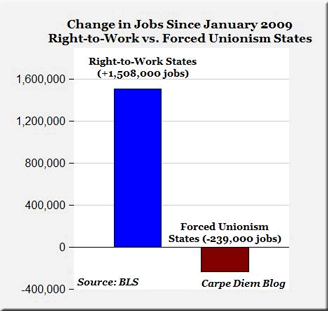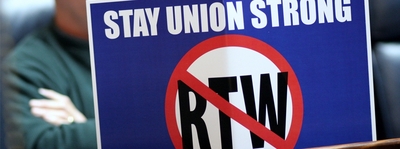What Do ClearSign Technologies and Consumer Cellular Have in Common?
ClearSign Technologies and Consumer Cellular are both adding new locations in Right to Work Oklahoma!
ClearSign Technologies and Consumer Cellular are both adding new locations in Right to Work Oklahoma!
Two businesses are adding new locations soon in Right to Work Oklahoma City, Oklahoma. These are Signify Health and Carvana.

Businesses that are investing in Right to Work Oklahoma include Canoo, North Star Scientific, and TAT Technologies. These will create thousands of new jobs!

Carter Wind Turbines and Communication Solutions are both investing in Right to Work Oklahoma which will create a total of 550 new jobs.
North Star Scientific and Amazon are adding new locations in Oklahoma City, Oklahoma. Combined, these two businesses will create 540 new jobs.

Oklahoma state Rep.-elect Toni Hasenbeck is a seventh grade teacher and 2018 candidate who publicly disagreed with union chiefs on key issues like taxes and charter schools. She won in November by a 1,600-vote margin. Credit: Toni Hasenbeck campaign photo…

If Obama is really serious about job creation, he should support Sen. Paul’s National Right to Work Act. The American Enterprise Institute argues that the strongest thing President Obama could do to jump start the economy would be he help…

Construction contracts for state projects should be awarded based on merit and price not as a giveaway to construction unions, the state of Oklahoma as decided. Gov. Mary Fallin has signed legislation to ban wasteful Project Labor Agreements (PLAs)…

The continues Investors Business Daily its excellent job of defining and promoting Right to Work: Should workers be forced to join unions or pay them dues as a condition of employment? Indiana recently became the 23rd state to say "no," and polls show support for similar right-to-work laws in union bastions like Minnesota, Michigan and Ohio. In Michigan, unions are so fearful that they are pushing to amend the state constitution to prevent such a law. The presumption is that if such laws passed, many employees would drop out of unions or stop paying dues, weakening labor. There's just one thing: There is little evidence that right-to-work laws cause people to leave unions. In fact, what evidence there is suggests the vast majority stick with their unions. That may be in part because the laws force unions to be more attentive to members' needs. "Somebody asked me how many workers got out because of right-to-work and I said, well, we don't track that number," said Jimmy Curry, president of Oklahoma AFL-CIO, whose state adopted a right-to-work law in 2001. He claims that no more than 10% of his members even register complaints.